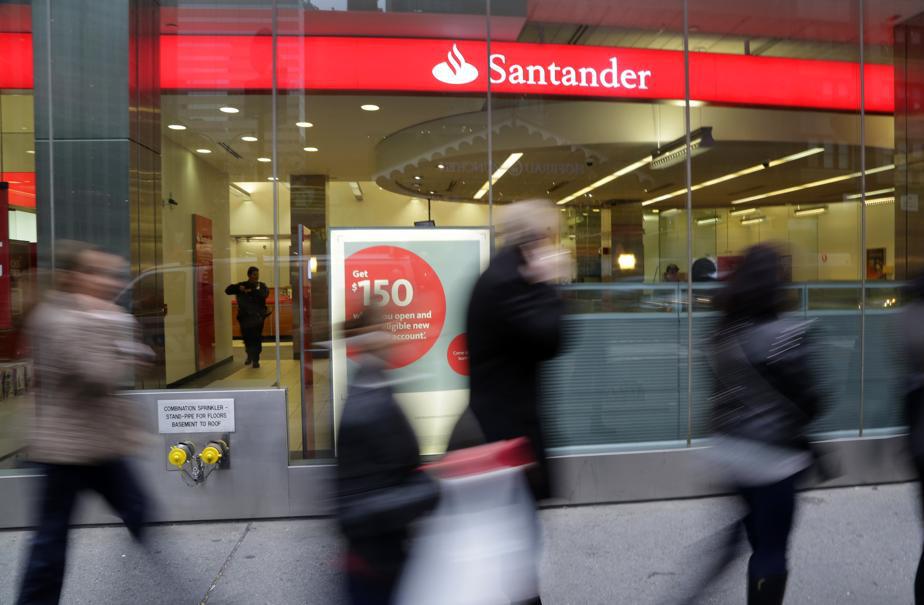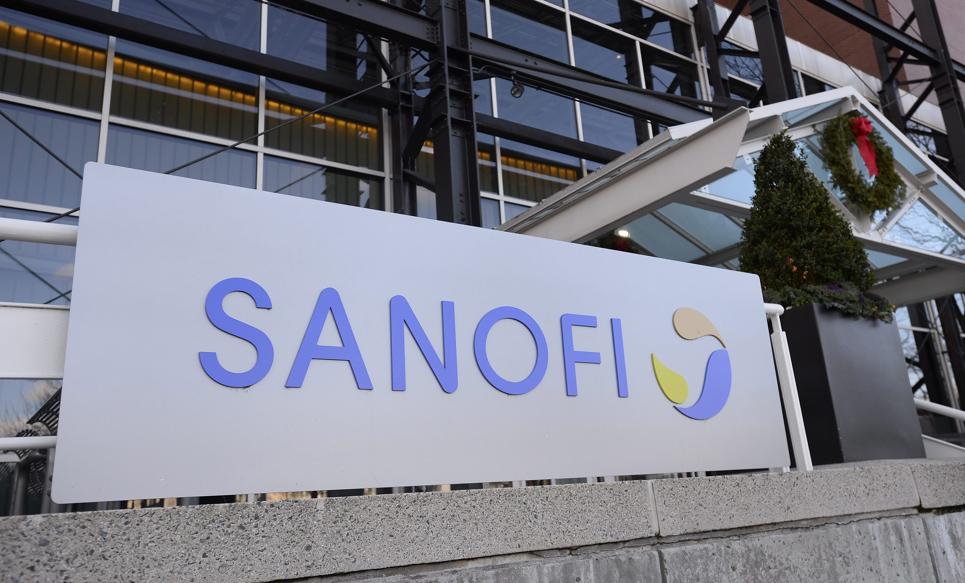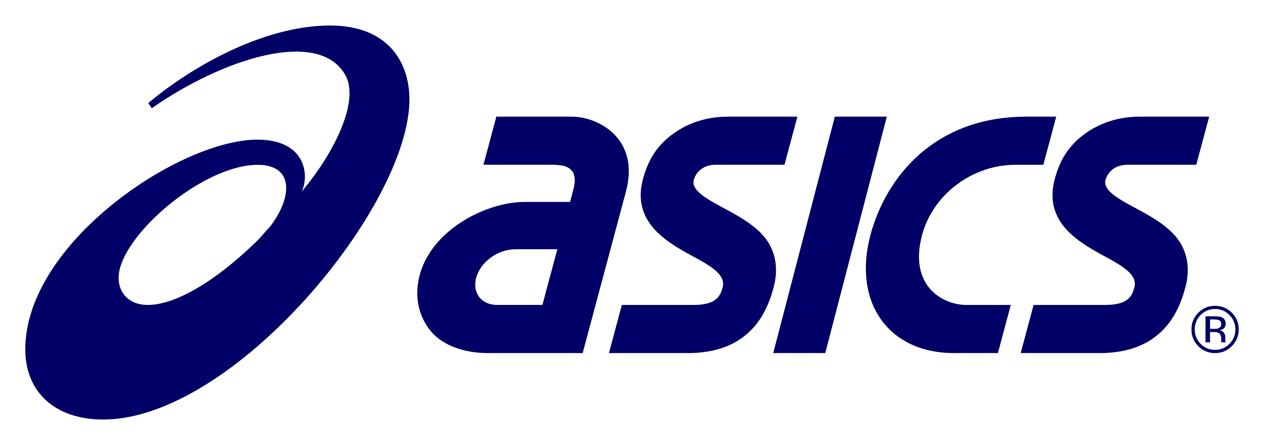BANKING
Santander to pay $26m to settle case over subprime auto loans
Santander will pay $26 million to settle allegations that it gave high-interest loans to car buyers it knew could not repay them, a lending tactic that helped trigger the housing market crash nearly a decade ago. Santander’s practice of working with car dealerships that falsified or inflated borrowers’ incomes was “outrageous,’’ Massachusetts Attorney General Maura Healey said in announcing the settlement Wednesday. The bank would then resell the loans, knowing they were unsound, to investors. “The global economic collapse wasn’t a cautionary tale. It was a blueprint’’ for Santander, Healey said. The settlement between Santander Consumer USA Holdings Inc., the bank’s subprime auto lending division, Healey, and Delaware Attorney General Matthew Denn marks the first agreement in the country over how banks financed these auto loans. Massachusetts will receive $22 million of the settlement, and Delaware — which joined Massachusetts in the case — will receive $4 million. Some borrowers will have their outstanding loans paid off as part of the settlement. Santander’s drive to capture a larger share of the subprime auto lending business, targeted at lower-income borrowers and those with bad credit, and the need to meet investor demand for these packaged and resold loans, led to relaxed standards and poor oversight by the bank, Healey said. Santander has implemented new controls and oversight practices in its auto-lending business, bank officials said. The bank noted that the alleged problems, which date from 2009 to 2014, are consumer protection issues and are not related to the reselling of the loans to investors. Under the settlement, Santander neither denied nor admitted wrongdoing. — DEIRDRE FERNANDES
PHARMACEUTICALS
Sanofi Genzyme wins approval for drug to treat severe eczema
Sanofi Genzyme won its biggest drug approval in years Tuesday when US regulators gave the green light to a medicine to treat forms of eczema that can cause intense itching and bleeding. The injectable drug, with the brand name Dupixent, was approved by the Food and Drug Administration for use by adults with moderate to severe eczema. Sanofi Genzyme, based in Cambridge, developed the treatment with Regeneron Pharmaceuticals Inc., ofTarrytown, N.Y. The companies will market it jointly. “This could be one of the most important drugs launched in 2017,’’ Sanofi Genzyme president David Meeker said. “There’s no question that this has the potential to be the largest [selling] drug in our portfolio. It has the potential to transform people’s lives for the better. It’s the only thing that has this kind of effect on this group of patients.’’ Dupixent will have a list price of $37,000 a year, but many health insurers will ultimately pay less after negotiating discounts or rebates. Geoffrey C. Porges, a biotech analyst for the Boston investment bank Leerink Partners, wrote in a note to investors that insurers and other payers will probably consider the drug “expensive, but cost-effective.’’ Some analysts have projected that Dupixent, which patients inject under the skin once every two weeks, could generate as much as several billion dollars in annual revenue, topping the sales from any one of the enzyme replacement and multiple sclerosis therapies now sold by Sanofi Genzyme, the specialty care division of the French drug giant Sanofi SA. As many as 300,000 people in the United States will initially be eligible for Dupixent, which will be prescribed by dermatologists and other specialists. — ROBERT WEISMAN
HEALTH CARE
State to get even tougher on hospitals to control costs
It’s a test the Massachusetts health care system has failed two years in a row: restraining growth in medical spending to 3.6 percent. But undeterred, the state’s health care watchdog agency Wednesday approved a more aggressive target, saying doctors and hospitals must do more to slash unnecessary costs. The Health Policy Commission reset the limit to 3.1 percent a year, starting in 2018. The decision by the 11-member group was somewhat symbolic. Under state law, the benchmark would have dropped to 3.1 percent unless the commission voted to raise it. The agency’s primary role is to study and shine a spotlight on health care costs. It can also require organizations that exceed the spending target to submit detailed improvement plans. But the group’s decision is still significant because hospitals and insurers use the spending target as a guide for negotiating contracts. The lower threshold sends a signal that the state remains focused on controlling health costs, despite changes that continue to roil the industry. Massachusetts was first in the country to pass a law promoting universal health coverage more than a decade ago, which served as a model for the Affordable Care Act. And the state is known around the world for its top teaching hospitals. But medical costs here are among the highest in the nation and continue to rise, which prompted the passage of another state law in 2012; that law established the Health Policy Commission to monitor costs and set an annual target for containing spending. — PRIYANKA DAYAL MCCLUSKEY
FOOTWEAR
Asics is latest athletic shoe company to move to Boston
Another premier athletic shoe company is making the trek to Boston. The US arm of Japan-based apparel and shoemaker Asics is opening a product creation and design studio near South Station. Asics’ initial presence will run to about 50 people in a 25,000-square-foot office space. With its new space, the shoemaker, a favorite among serious runners, will be competing against other major brands locating in Boston — including New Balance, Converse, and Reebok — for talented innovators as it focuses on casual runners and even nonathletes. “Since I’m a feisty competitor myself, I do believe we need to go nose-to-nose and toe-to-toe with our competition, so sometimes you just have to be where the battle is,’’ Asics America chief executive Gene McCarthy said. About 25 of the employees will transfer to Boston from the US company’s headquarters in Irvine, Calif., and global headquarters in Kobe, Japan, while another 25 will be new hires. So far, “there is no shortage of resumes that are coming through,’’ said McCarthy, who previously worked for Reebok and Timberland in New Hampshire. The company declined to say where the new space is located, citing ongoing lease negotiations. Asics is also looking into opening a local retail store location, but that won’t be for at least another year, McCarthy said. — KATHELEEN CONTI
PHARMACEUTICALS
Vertex on track to get approval for third cystic fibrosis drug
Vertex Pharmaceuticals Inc. released data from a pair of late-stage clinical trials Tuesday that put the Boston biotech on track to gain its third cystic fibrosis drug approval in six years and begin a final push toward offering treatment options for the vast majority of patients worldwide who suffer from the lung disease. Both studies show statistically significant improvement in two different sets of CF patients, including one group — those with copies of two different disease-causing genetic mutations — for which there aren’t any medicines. Patients in both studies were given a combination treatment that includes ivacaftor — already approved by US regulators and sold by Vertex under the brand name Kalydeco — along with tezacaftor, a compound that’s called a “corrector’’ because it works to fix a malfunctioning protein. The findings were so strong that Vertex, the second-largest Massachusetts-based biotech, plans to apply for Food and Drug Administration approval of the combination medicine some time in the third quarter of this year, company executives said. Vertex’s two approved drugs, Kalydeco and Orkambi, treat only about 29,000 of the estimated 75,000 people worldwide with CF. To treat the rest, the company is developing new combination drugs that can work effectively in sets of patients with different genetic defects. — ROBERT WEISMAN






